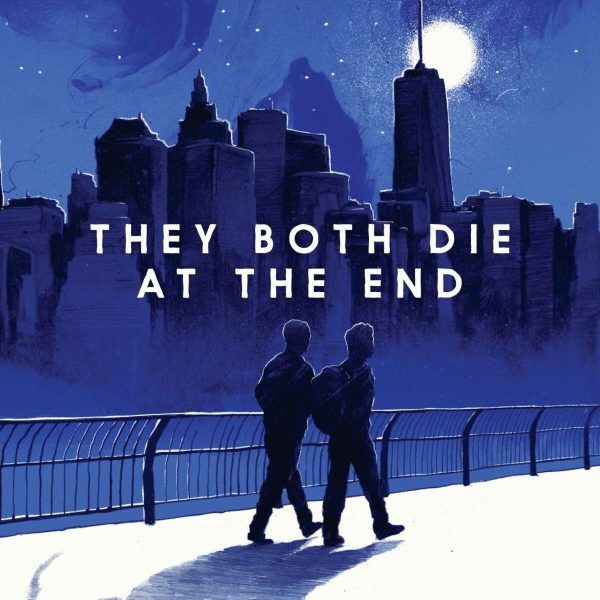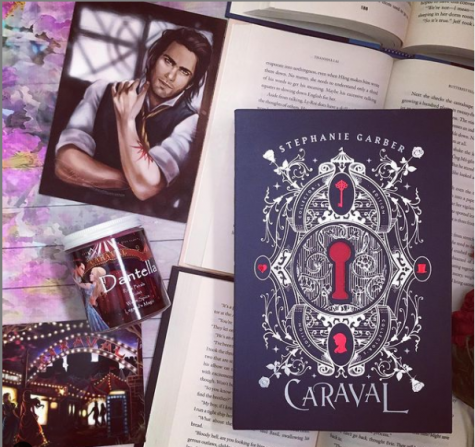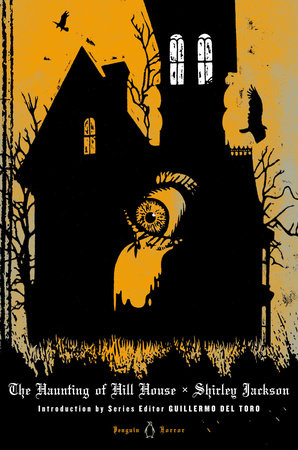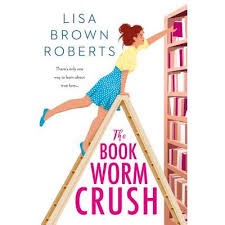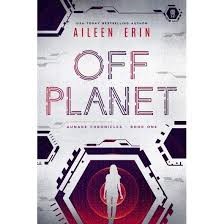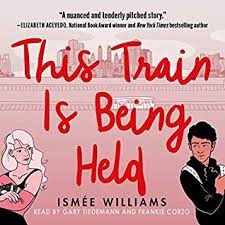Book to movie: female led thrillers on the rise
December 3, 2015
Ever since Gillian Flynne’s Gone Girl, female driven thrillers have been on the rise. The next best book following this literary trend is Paula Hawkins’ The Girl on the Train.
Rachel, the titular character, is a divorced alcoholic who spends her days wandering London in order to hide the recent loss of her job. The train she takes passes by her former home, where her ex-husband and new wife live. Rather than wasting her thoughts on Tom, her ex-husband, and his new family she sets her sights on the house a couple doors down. She creates a false life for the happy couple who inhabit the home until one day the wife goes missing. Rachel feels drawn to the shocking case considering what she witnessed at the house, from the train, only days before. Her credibility is called into question once the police find out about her alcoholism and chronic blackouts.
Megan, the missing woman, narrates alternating chapters from an earlier point in time. Her words dilute the flawless life Rachel initially painted for the reader. She is adulterous, confused and regretful. Megan continuously makes a mess of the life she and her husband Scott struggle to make.
Tom’s new wife Anna occasionally takes control of the story as well. In opposition to Megan, Anna is pretentious and cold. She aches for the time when she and Scott snuck around behind Rachel’s back and had fun. She’s now a stay at home mother bored and terrified of Rachel, who sometimes drunkenly harasses the family.
When we aren’t reading about Megan’s sins or Anna’s complaints, we are reading from Rachel’s drunk and unreliable point of view. Rachel is often forgetting and then incredulously remembering bits of the past. She gets clean and then falls off time and time again. The truth behind the entire novel is hidden in the bits of her drunken stupors.
The suspense is laced between almost every sentence. The reader is forced to contemplate ill-fitting puzzle pieces as the plot continues. The readers closing reaction is a mixture of the classics; I did not see that coming and I should have known!
Mystery is a category that is usually ruled by male writers and protagonists. They’re retired detectives, vengeful fathers or some other overused adult male stereotype. They act rationally, mechanically and sometimes the stories begin to blur into each other. But with the recent trend of female led thrillers readers find themselves intrigued. There is something interesting in the plot twists of the average woman’s life. Assuming women will behave one way forces the reader to be appalled when the story veers in the other direction.
Hawkins perfects the use of altering narrations. She lets the reader know enough but then – boom – switches perspectives before unveiling too much. The suspense snowballs until the final chapter. Sometimes the plot moves slowly, intensifying like a silent scene in a horror movie.
The characters are not cinematic or gaudy; Rachel is somewhat pathetic at times therefore making it difficult to sympathize with her. Rather the characters are well written, complex and enigmatic. The plot is not dramatic but it is interesting and informative. Every word has a purpose; every vague revelation pushes the plot along nicely.
Though the narrative structure does not easily morph into screenplay format it is going to be adapted to the big screen in 2016.
Readalikes: We Were Liars by E.E. Lockhart, That Night by Chevy Stevens, Sharp Objects by Gillian Flynn and After I’m Gone by Lara Lippman
